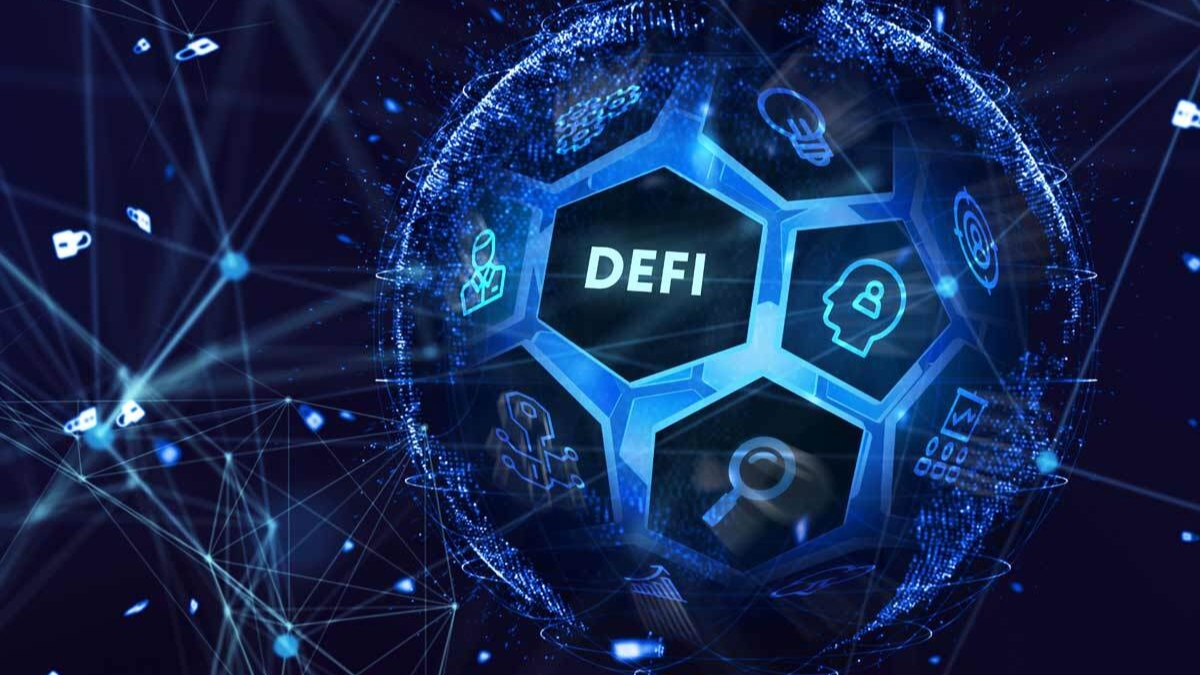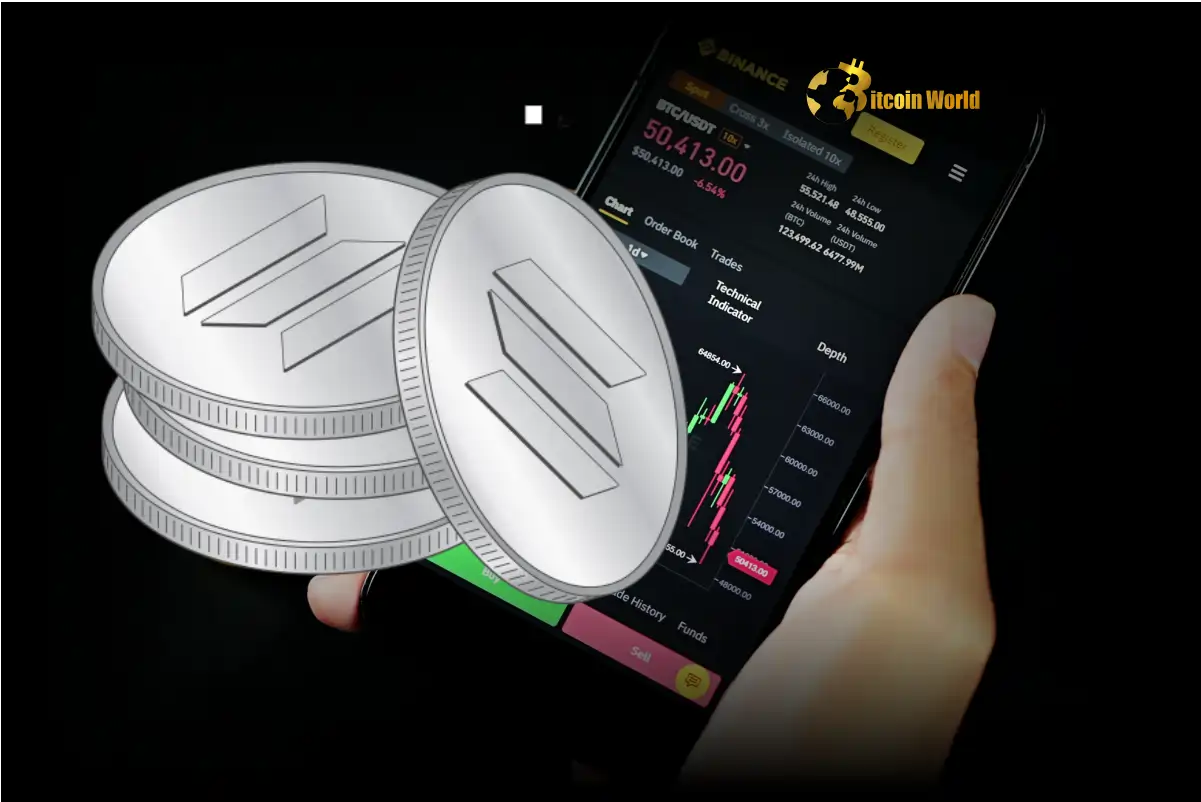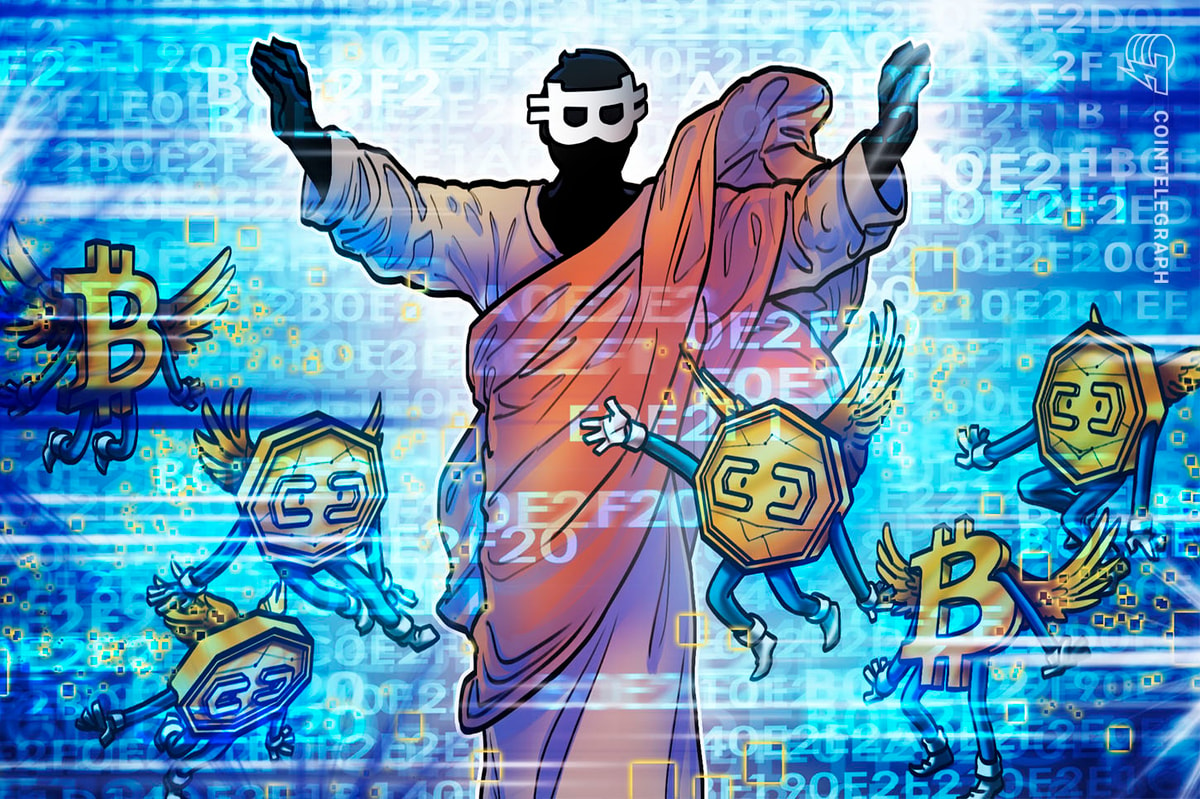 CaryptosHeadlines Media Has Launched Its Native Token CHT.
Airdrop Is Live For Everyone, Claim Instant 5000 CHT Tokens Worth Of $50 USDT.
Join the Airdrop at the official website,
CryptosHeadlinesToken.com
CaryptosHeadlines Media Has Launched Its Native Token CHT.
Airdrop Is Live For Everyone, Claim Instant 5000 CHT Tokens Worth Of $50 USDT.
Join the Airdrop at the official website,
CryptosHeadlinesToken.com
Nowadays, almost everyone is familiar with e-commerce and how it acts as a bridge, connecting sellers and buyers within a unified ecosystem to exchange products and services.
In today’s article, we will delve deeper into the concept of e-commerce, exploring its fundamentals and shedding light on how blockchain technology and decentralization are revolutionizing the landscape of online commerce.
What is E-commerce?
The term “e-commerce,” which stands for “electronic commerce,” describes the purchasing and selling of products and services using digital channels, mostly the Internet. It provides accessibility, convenience, and variety by allowing companies and customers to communicate across geographical borders.
Online platforms, digital payment systems, supply chain management, logistics and delivery, inventory control, customer support, marketing and promotion, security and trust, and online platforms are all essential components of e-commerce.
Business-to-business (B2B), consumer-to-consumer (C2C), business-to-consumer (B2C), mobile commerce (m-commerce), and social commerce are the various forms of e-commerce.
Online transactions between businesses and individual customers are known as business-to-business (B2C) e-commerce, whereas online transactions between businesses are known as B2B e-commerce.
While m-commerce and social commerce refer to online transactions carried out via mobile devices and social media platforms, respectively, C2C e-commerce deals with online transactions between individual consumers.
Convenience, worldwide reach, cost savings, customization, and data analysis are just a few advantages of e-commerce. Because online shopping is always open, customers can shop whenever it’s convenient for them.
How is blockchain and decentralization transforming E-Commerce?
Decentralization and the rise of blockchain technology are fundamentally altering the Internet business environment. Fundamentally, decentralized networks where data is stored and handled in a distributed, peer-to-peer fashion are made possible by blockchain technology.
This fundamental architectural change is revolutionizing online commerce by providing previously unheard-of levels of security, transparency, and community-driven decision-making.
Conventional e-commerce sites depend on centralized authorities to process transactions, which may result in trust problems and security flaws.
On the other hand, smart contracts are used by blockchain-based platforms to automate transactions, guaranteeing that they are carried out safely, openly, and without the involvement of middlemen.
Because many decentralized platforms require users to possess a certain level of technical competence, user experience can sometimes be problematic.
To sum up, decentralization and blockchain technology are transforming online business by providing previously unheard-of levels of security, transparency, and community-driven decision-making.
The advantages of decentralized platforms are obvious, and it is probable that they will become more significant in the future of online commerce, even though there are undoubtedly issues that must be resolved.
Will blockchain and decentralization change e-commerce entirely?
Decentralization and blockchain technology could have a big impact on the e-commerce sector. Decentralization and blockchain’s effects on e-commerce may also give rise to new business models. Non-fungible token (NFT) marketplaces and decentralized finance (DeFi) platforms, for instance, are already becoming more popular.
These platforms have the potential to upend established e-commerce paradigms by facilitating new kinds of digital ownership and financial transactions. Furthermore, by facilitating real-time product tracking, verification, and authentication, blockchain technology may enhance supply chain management.
This could improve product safety, decrease counterfeiting, and boost efficiency. Notwithstanding the possible advantages, there are drawbacks and restrictions to take into account. Performance and scalability are two of the biggest obstacles.












